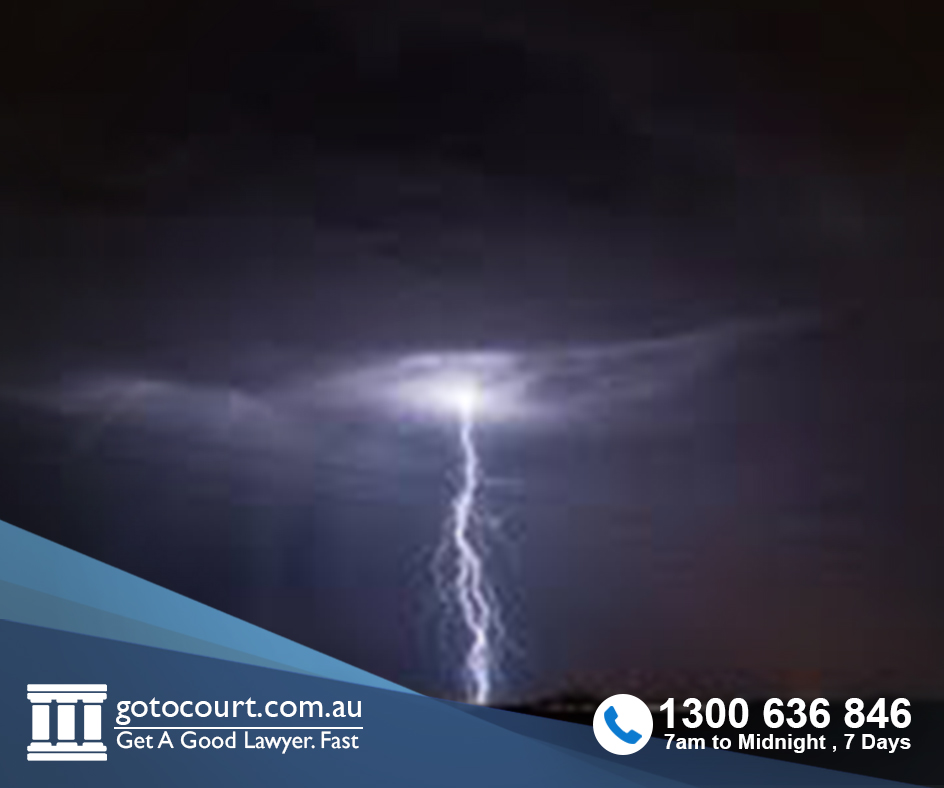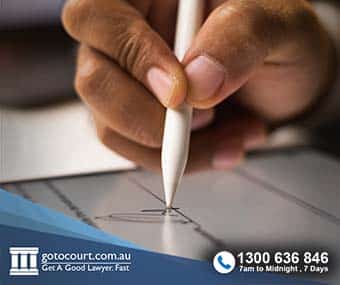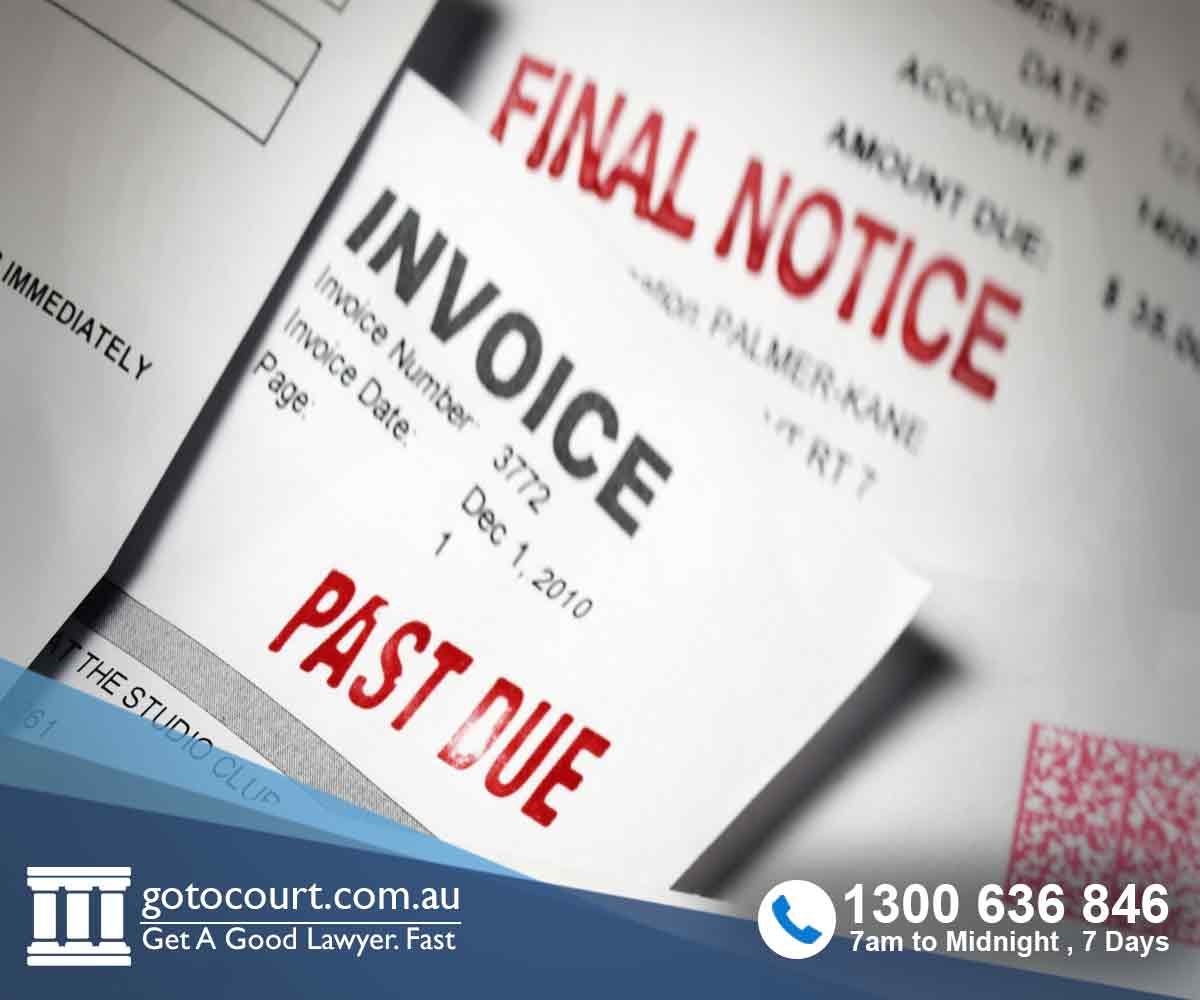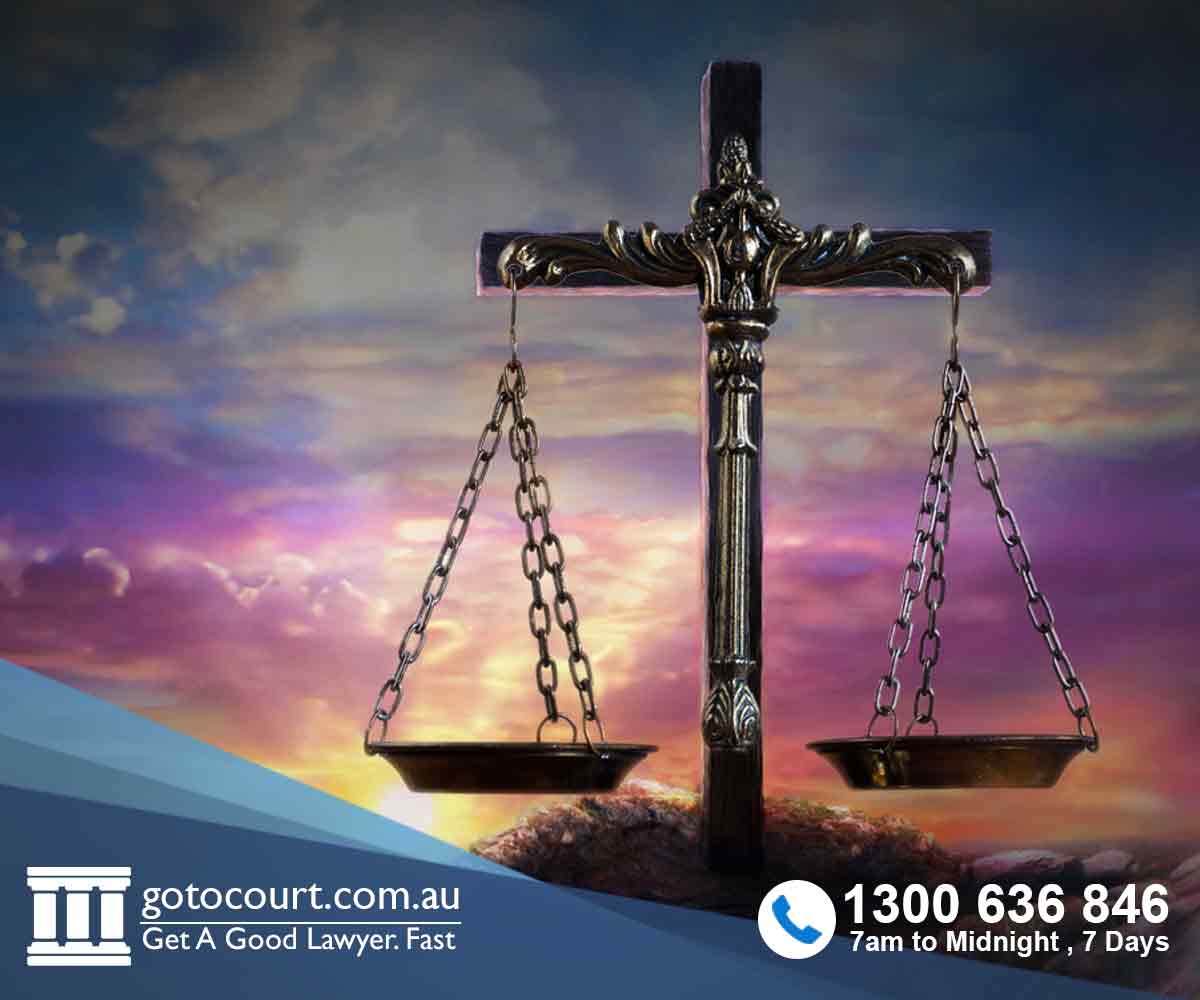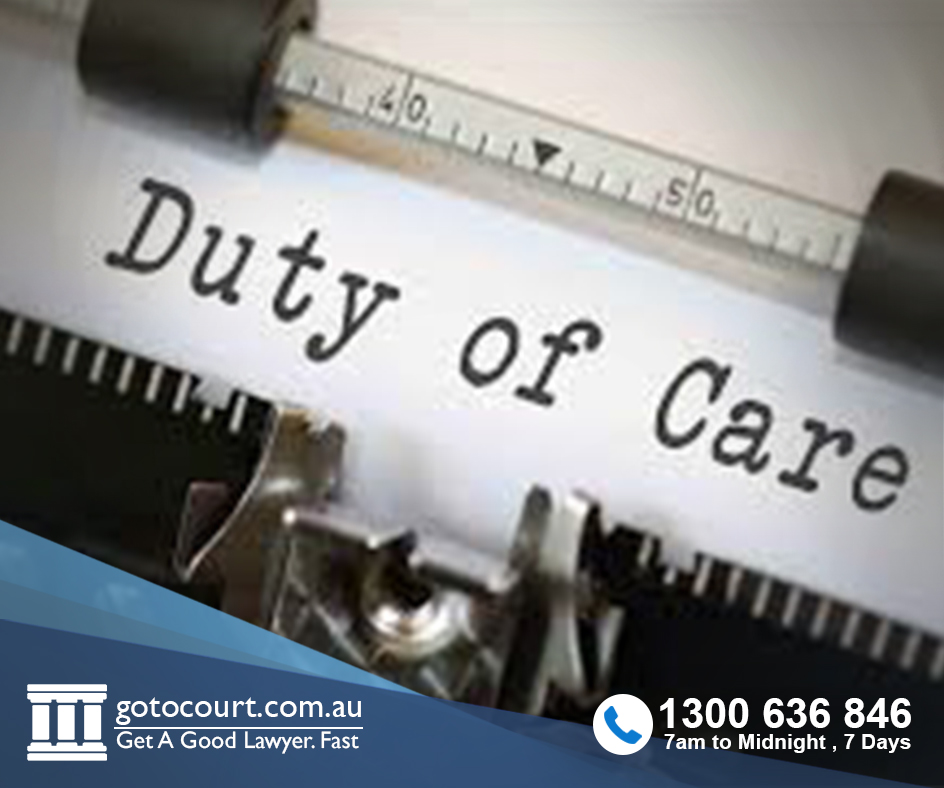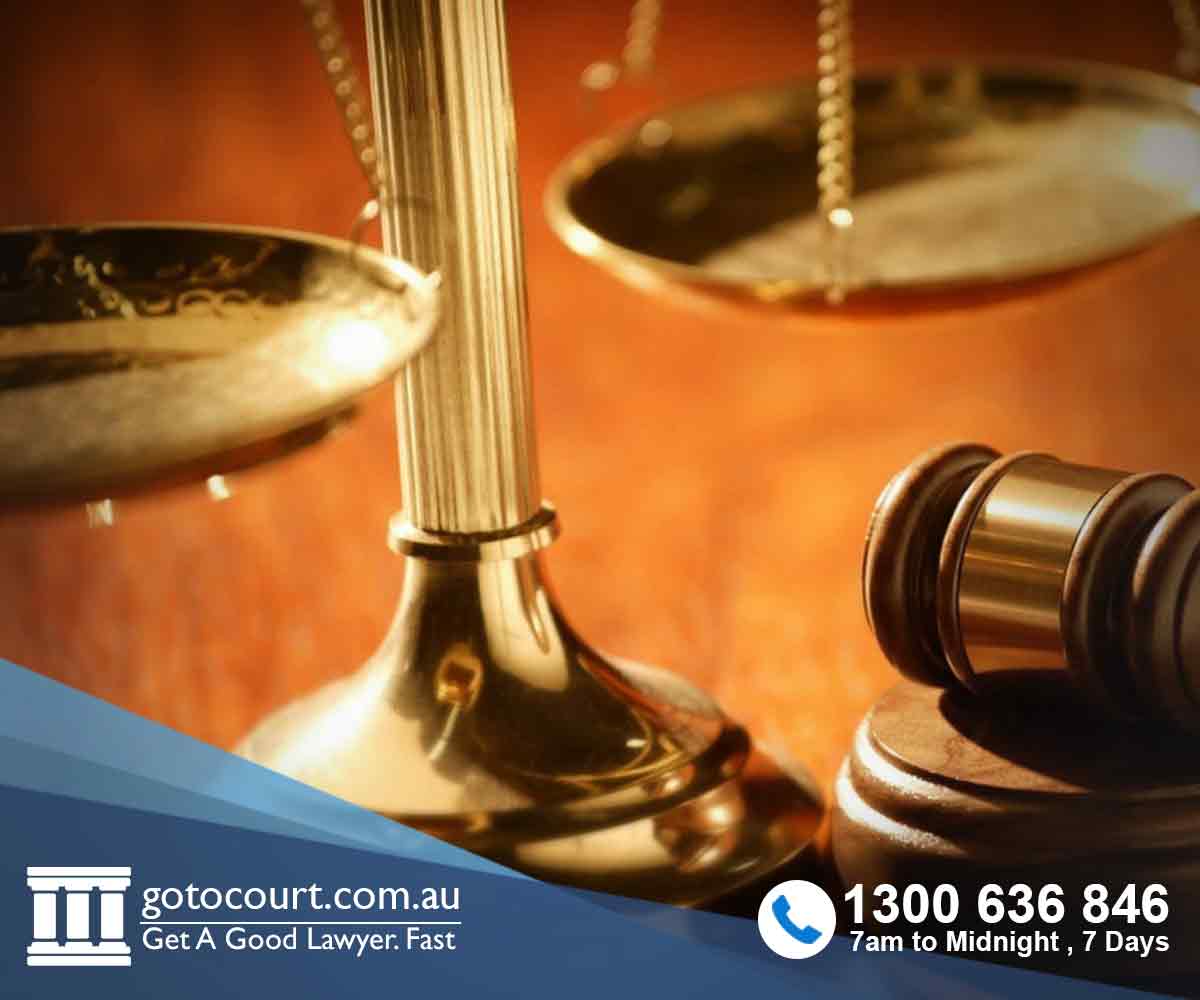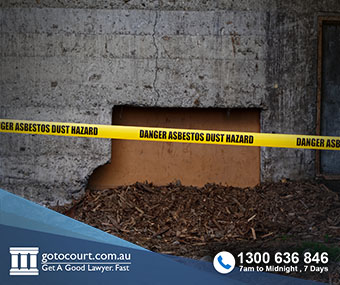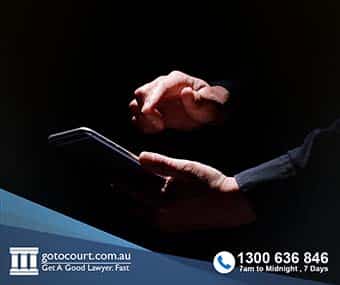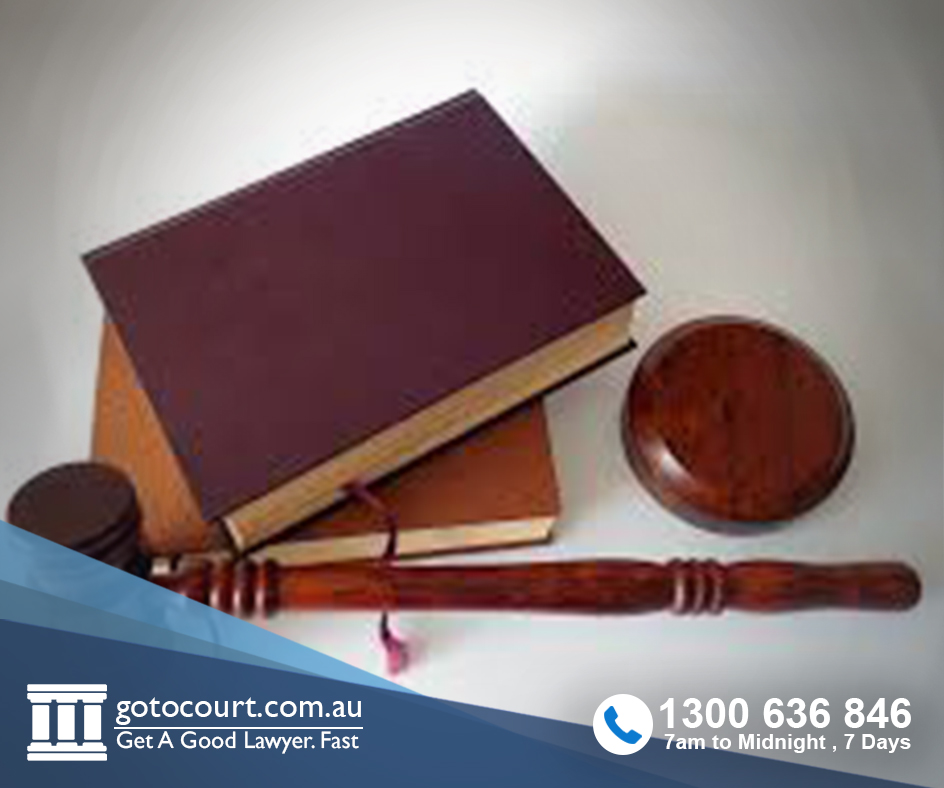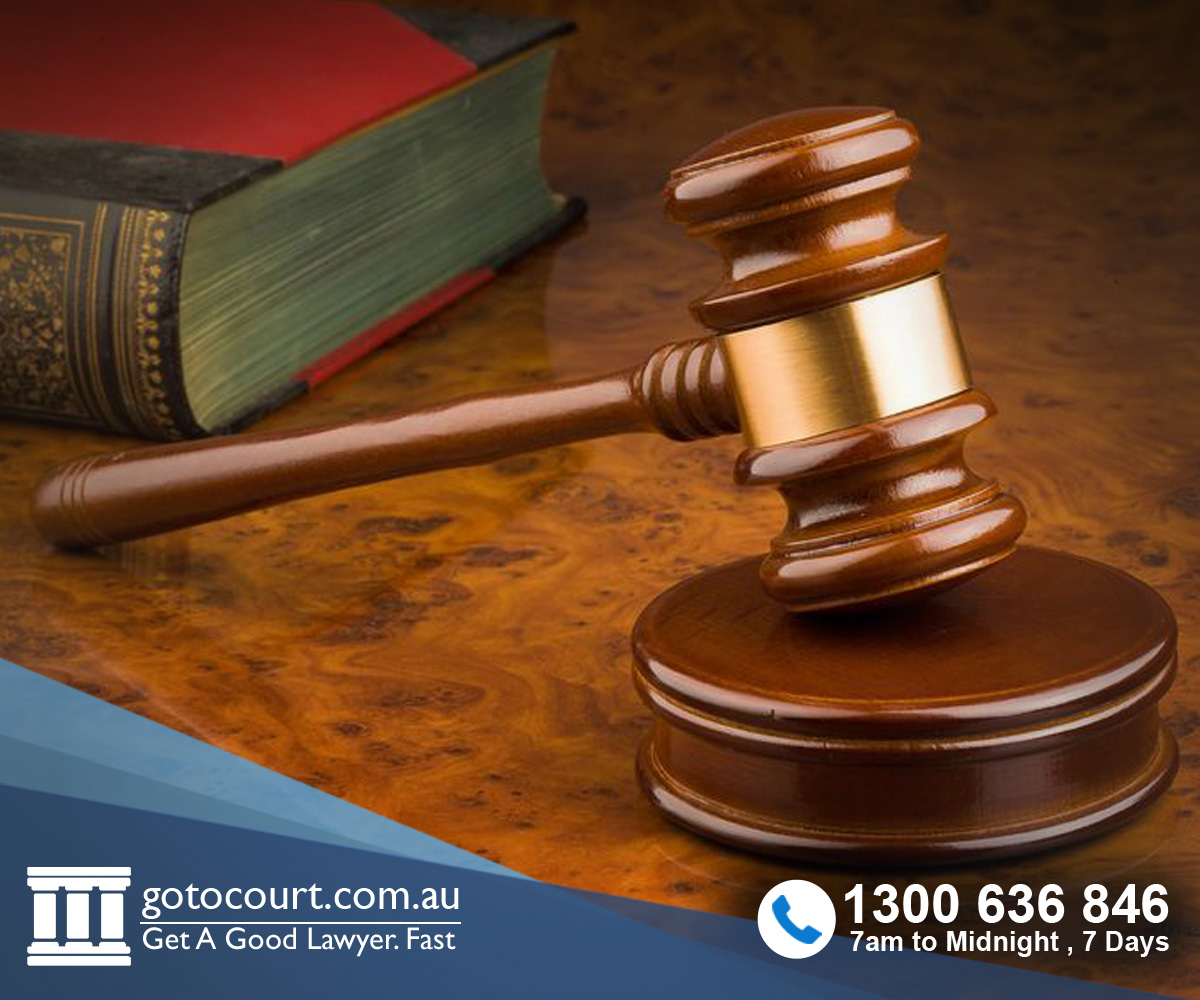What are Torts?
What are Torts?
Torts are civil wrongs done by one party to another. A tort causes a person to suffer loss or harm. A person who is the claimant in a tort may sue for damages or other relief. Torts are generally created by the common law but there are also statutory wrongs which amount to torts.
Torts can be committed by individuals and also by corporate entities and public authorities. Some acts and omissions which give rise to an action in tort law also amount to a crime. However, while criminal proceedings are initiated by the state, actions in tort are commenced by a private individual, company or public authority who is seeking compensation for injury or loss or for an order to stop the tort from continuing.
It is important to note that contractual disputes are not torts.
Common torts
Some examples of torts are:
- Negligence, where a person suffers harm because of another party’s failure to take proper care;
- Defamation, where a person’s reputation is damaged by another party’s publication of untruthful statements;
- False imprisonment, where a person is unlawfully deprived of their freedom to move around.
Damages
Plaintiffs in torts matters commonly seek damages. Damages are a sum of money that is awarded to replace the value of property or rights that have been lost or to cover expenses, loss or pain and suffering resulting from an injury. Damages is a form of compensation, which is awarded to place the plaintiff back in the position he or she would have been in if the tort had not been committed.
In order to be awarded damages, the plaintiff needs to prove that he or she has suffered loss or injury as a result of the tort. This may involve tendering medical records, financial records and other evidence of the consequences of the tort.
Damages can be awarded on different bases depending on the type of loss or injury suffered by the plaintiff, the seriousness of the tort and the conduct of the parties.
Loss
Loss can be any damage, detriment or suffering that results from the commission of a tort. In a personal injury case, the loss may be inability to work as a result of the injury. In a defamation case, it may be loss of work opportunities resulting from one’s reputation being impugned.
Injury
Injury can be physical injury or psychological injury. It can also be the aggravation of a pre-existing condition or injury. A psychological injury must be a recognised psychiatric condition; being upset will not amount to a claim for damages.
Injunctions
In some cases, the injured party in a tort may seek an injunction to stop the tort happening again or continuing. An injunction is a court order restraining a party from doing an action that threatens the legal rights of another party (prohibitory injunction), or compelling them to do an act, such as make restitution (mandatory injunction).
Tort liability
There are two forms of liability for torts: personal liability and vicarious liability.
Personal liability
Personal liability refers to an individual being held responsible at law for an act or omission committed by him or her personally.
Vicarious liability
Vicarious liability is the liability of an employer for an act or omission by its employee during the ‘scope and course’ of their employment. Principals are also vicariously liable for the acts or omissions of their agents.
To determine whether an employer or a principal is vicariously liable for a tort, courts will consider the degree of control the employer or principal had over the individual, whether the individual was ‘part and parcel of the organisation’ run by the employer and whether there was a sufficient relationship between the individual and the employer for the individual to be considered an employee.
Limitation period
The limitation period for bring an action in tort law is six years from the date the cause of action arose. This is the same in all states and territories.
If you would like legal advice or representation in a tort matter or in any other legal matter please contact Go To Court Lawyers.

Affordable Lawyers
Our Go To Court Lawyers will assist you in all areas of law. We specialise in providing legal advice urgently – at the time when you need it most. If you need a lawyer right now, today, we can help you – no matter where you are in Australia.How It Works




1. You speak directly to a lawyer
When you call the Go To Court Legal Hotline, you will be connected directly to a lawyer, every time.

2. Get your legal situation assessed
We determine the best way forward in your legal matter, free of charge. If you want to go ahead and book a face-to-face appointment, we will connect you with a specialist in your local area.

3. We arrange everything as needed
If you want to go ahead and book a fact-to-face appointment, we will connect you with a specialist in your local area no matter where you are and even at very short notice.









